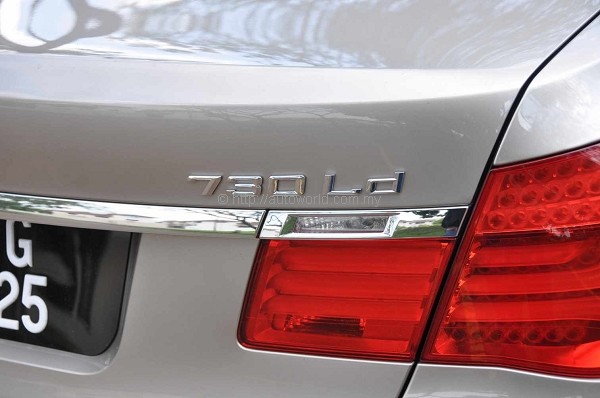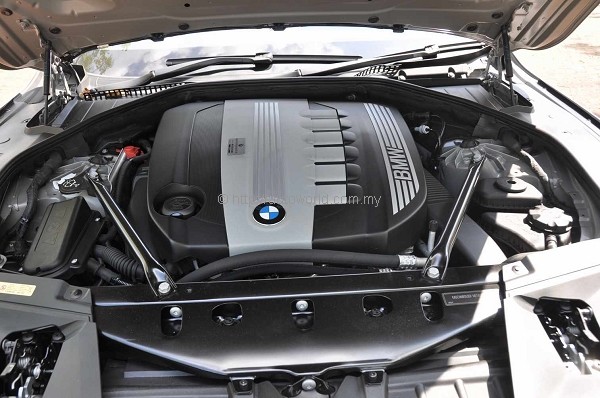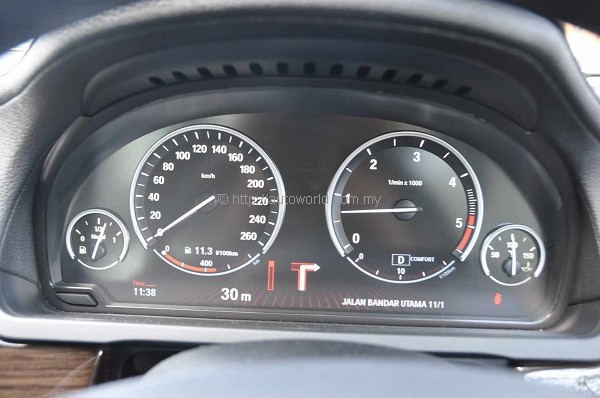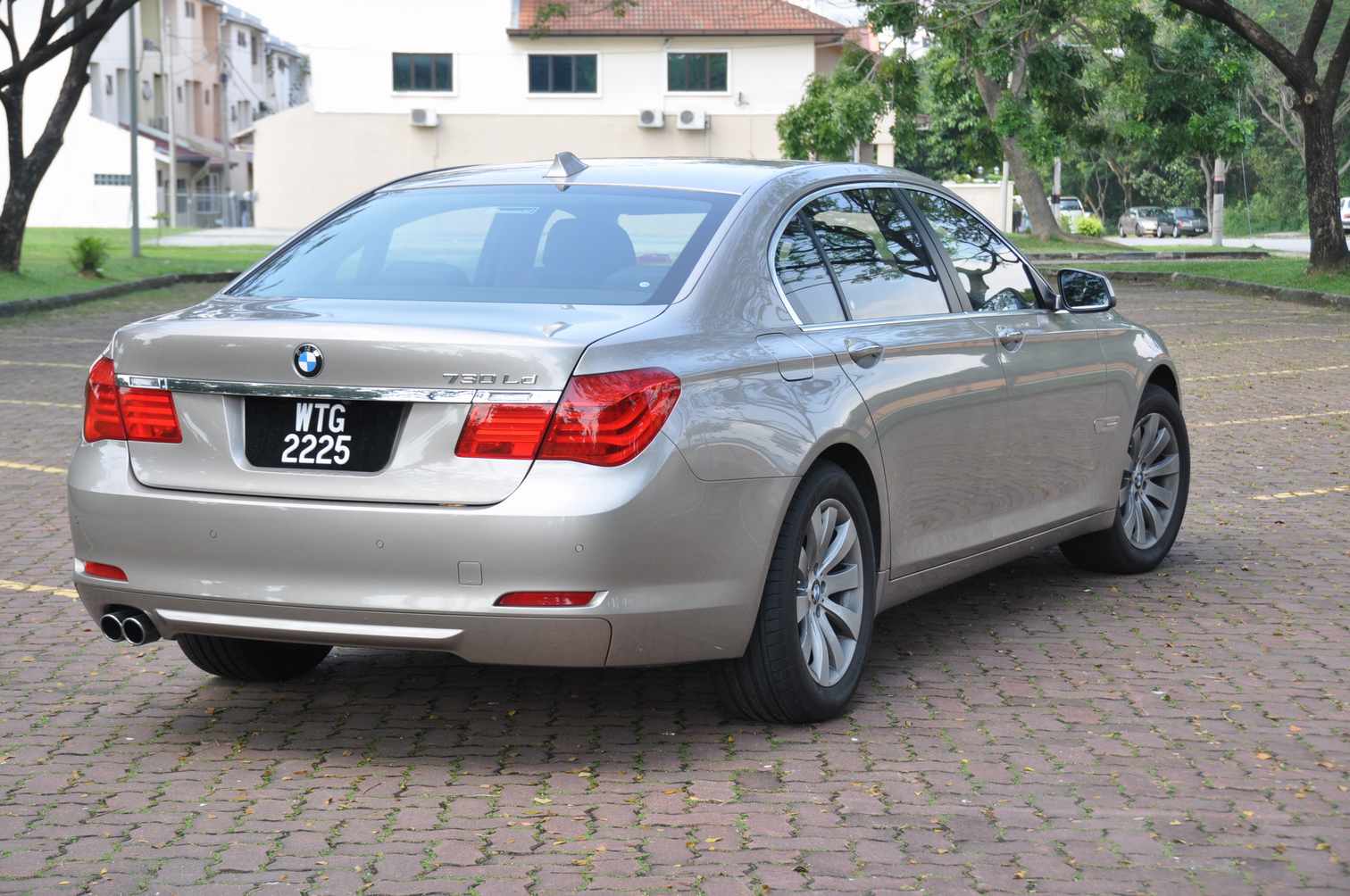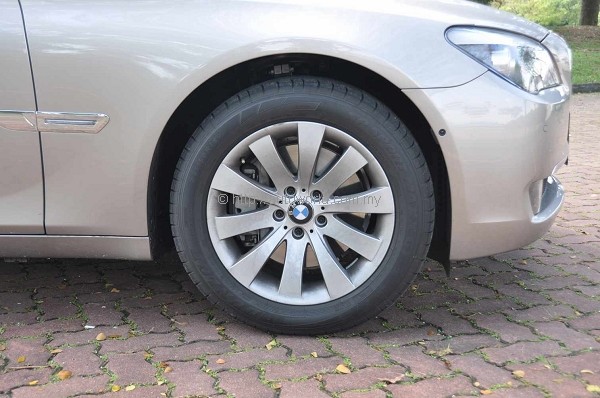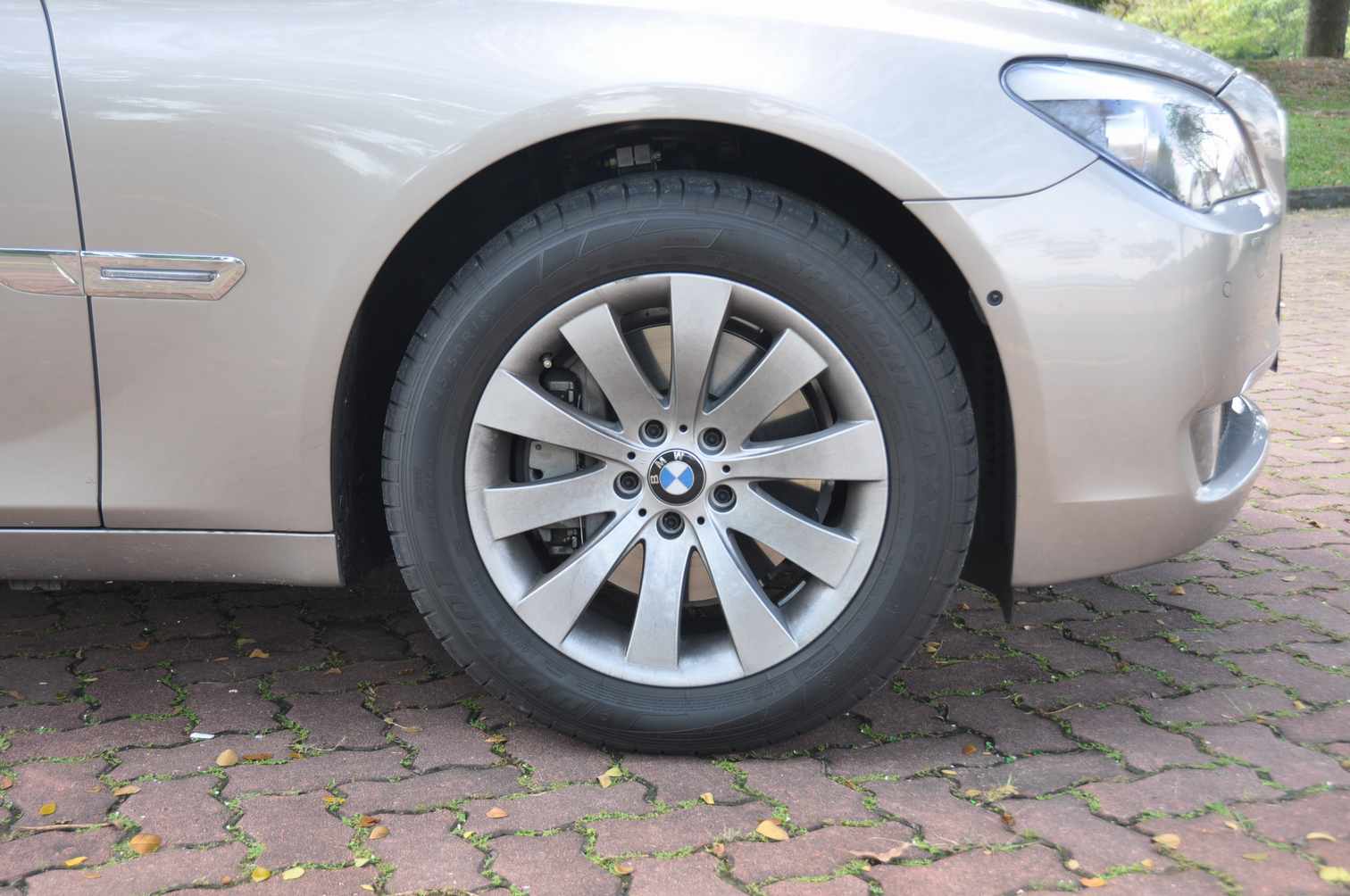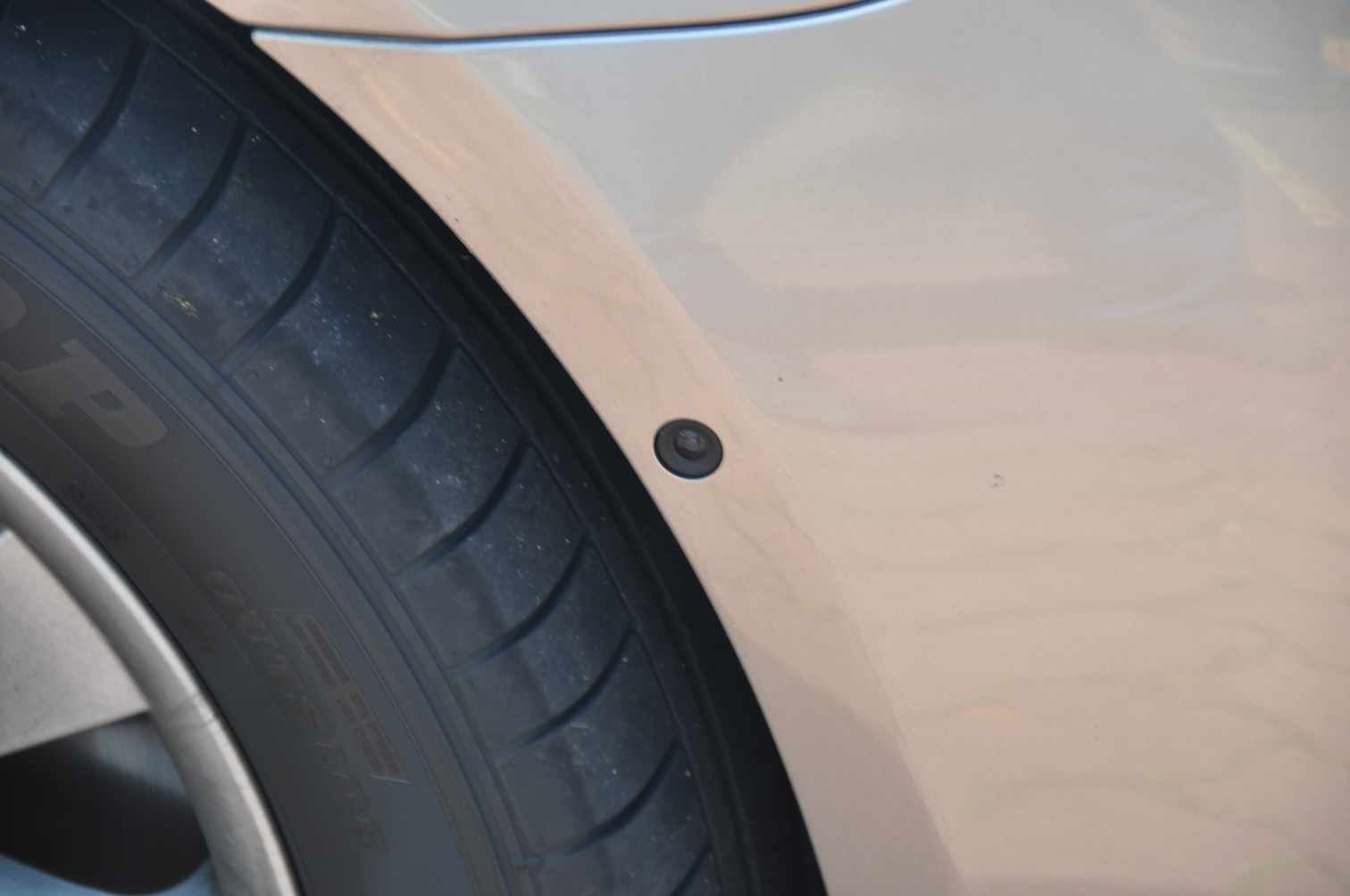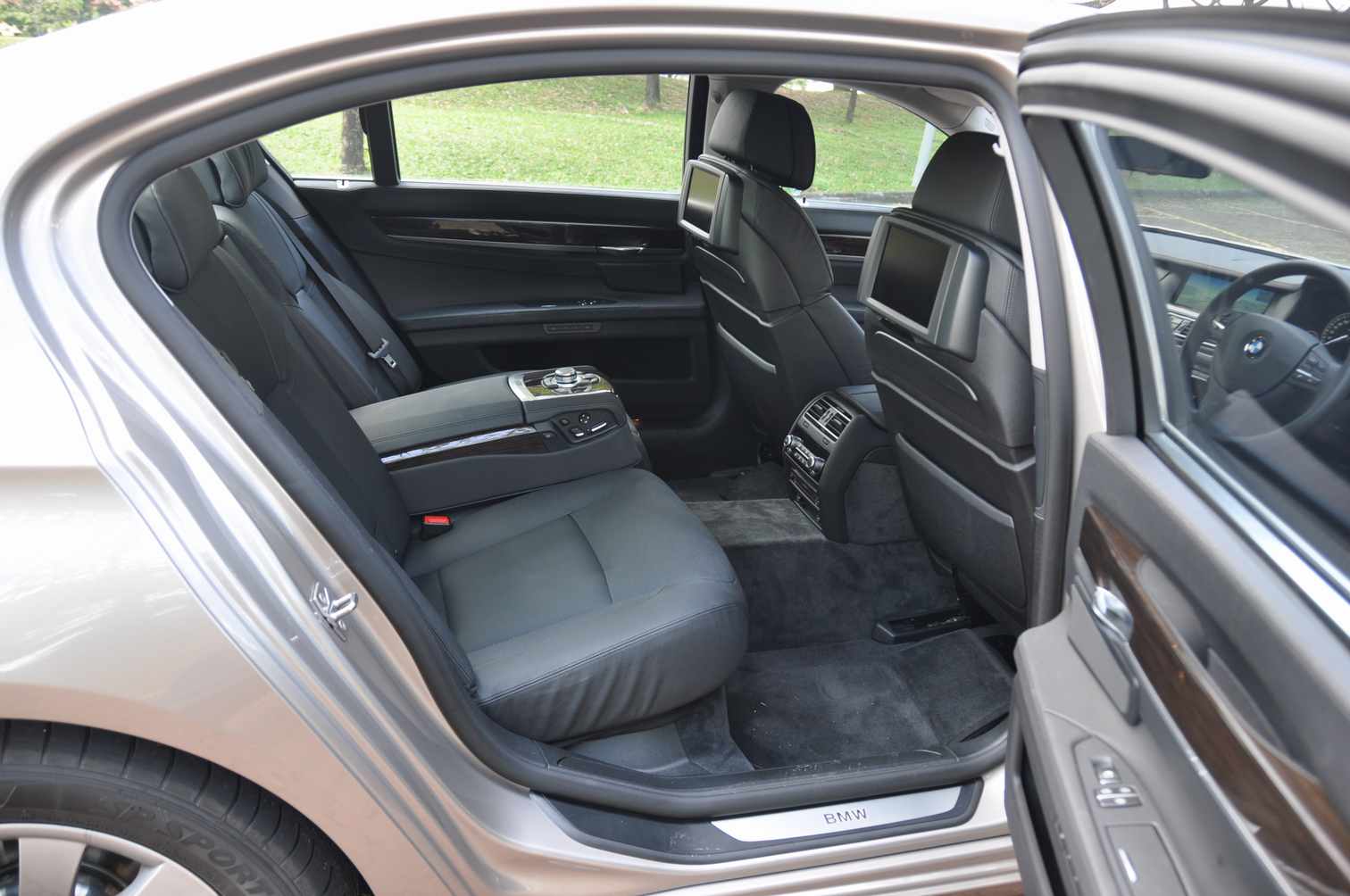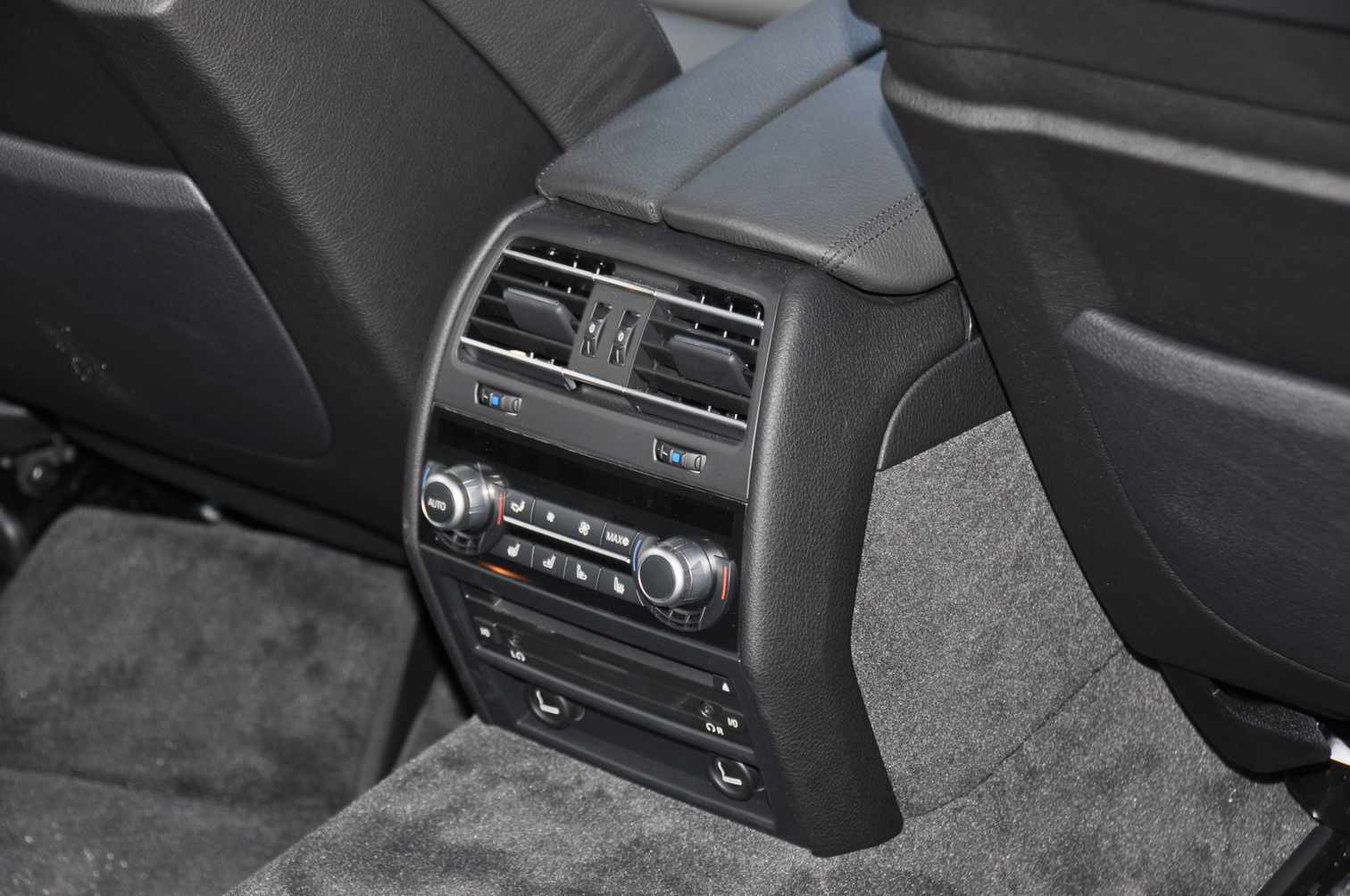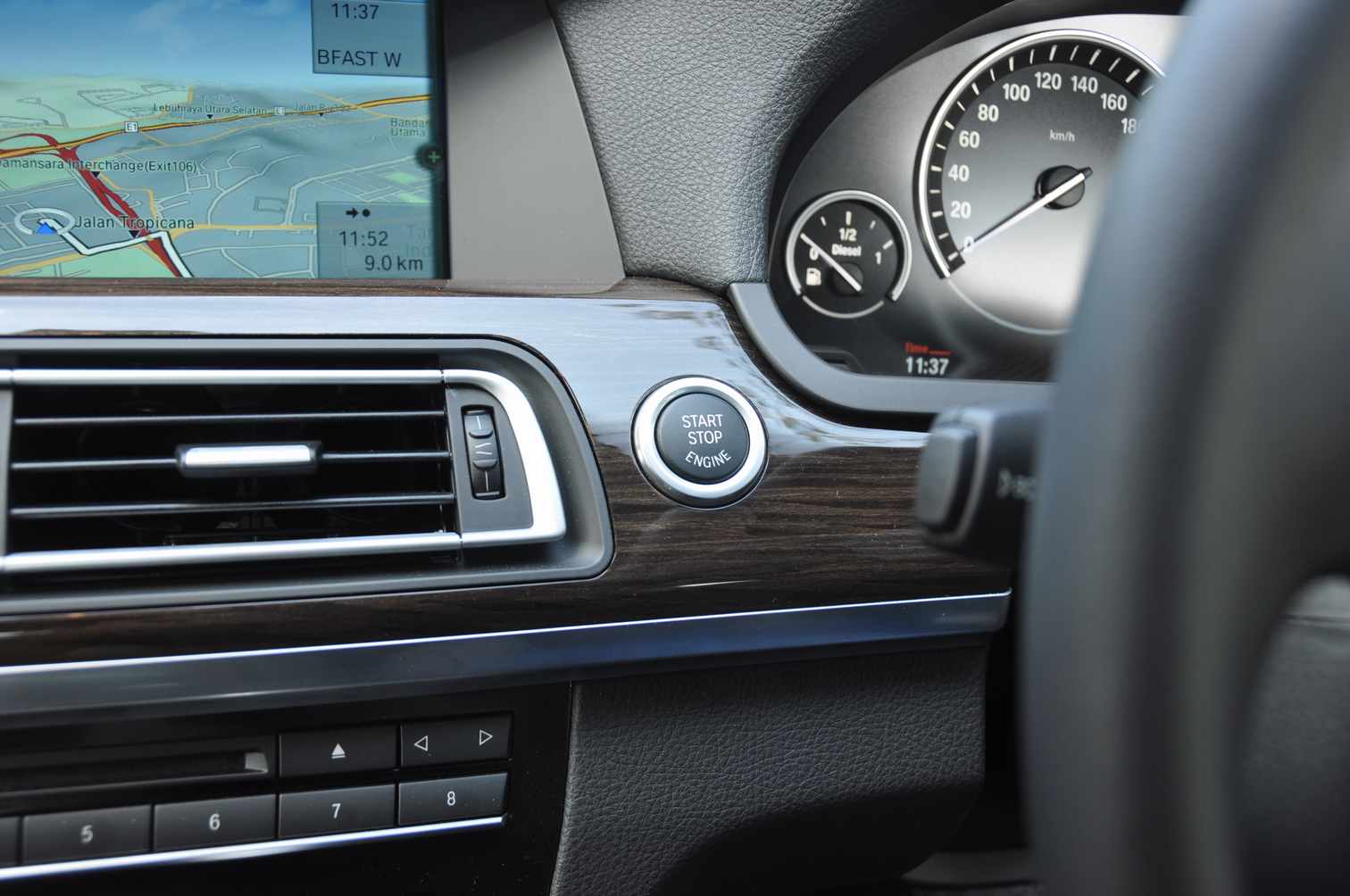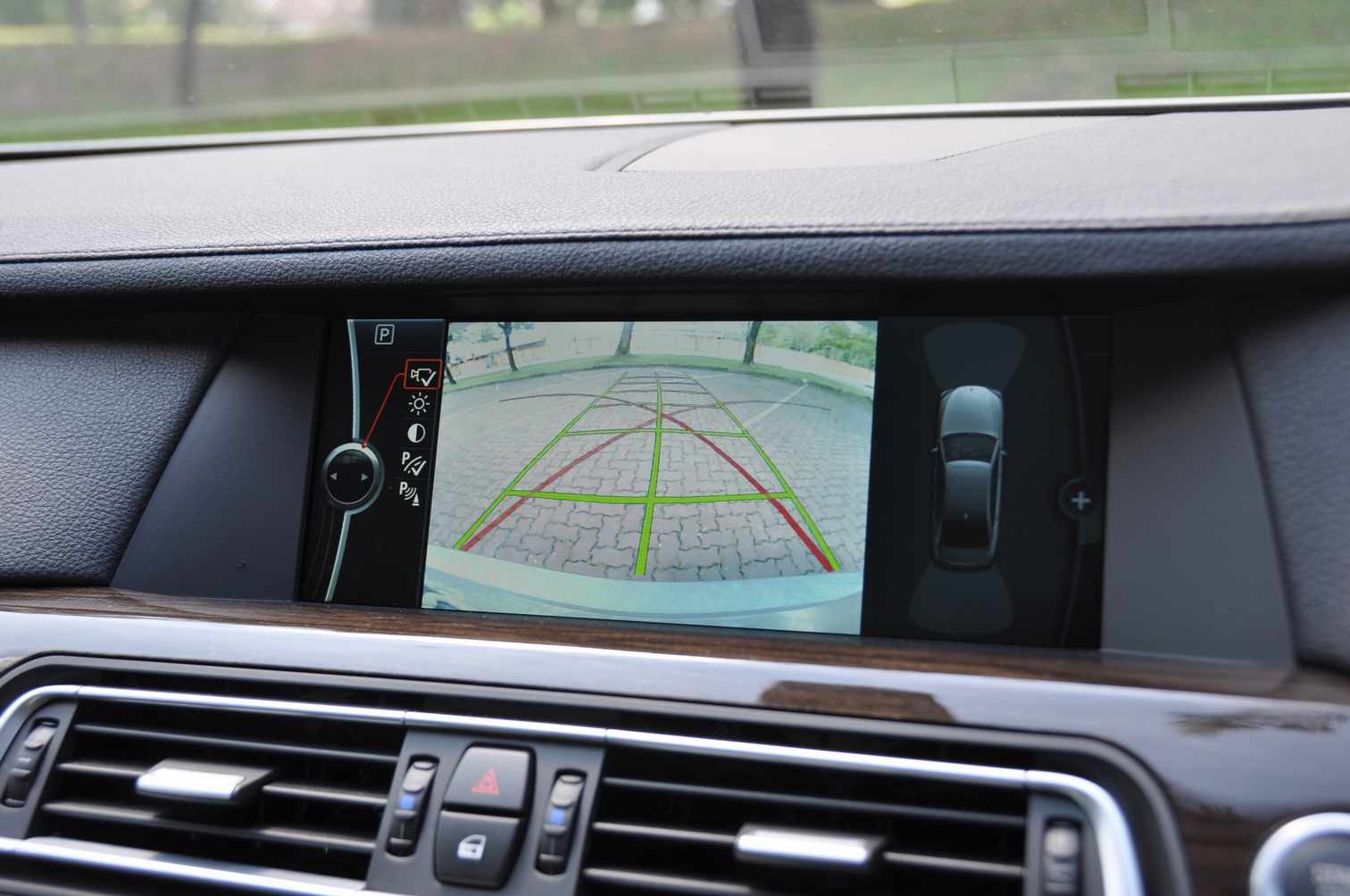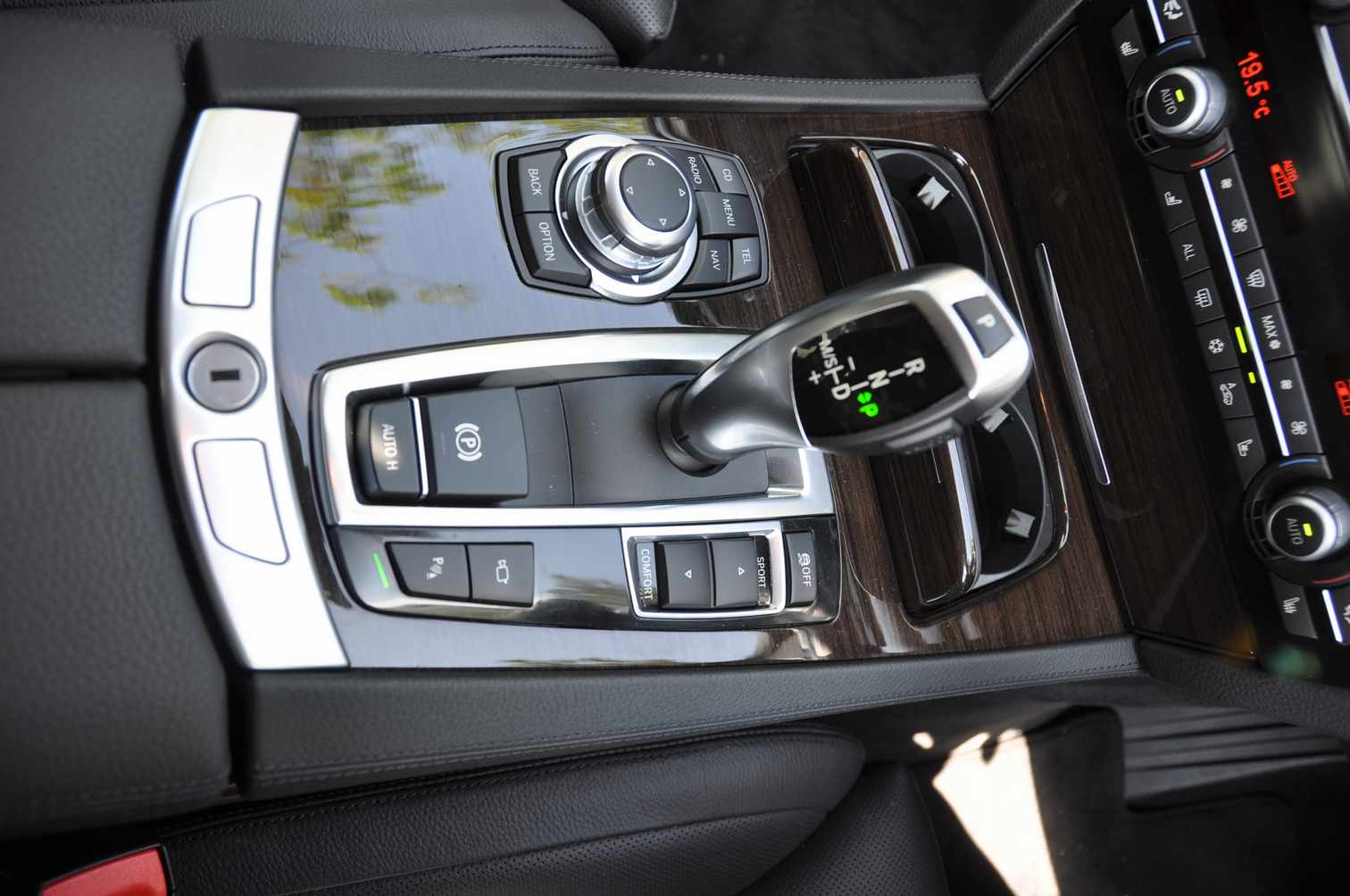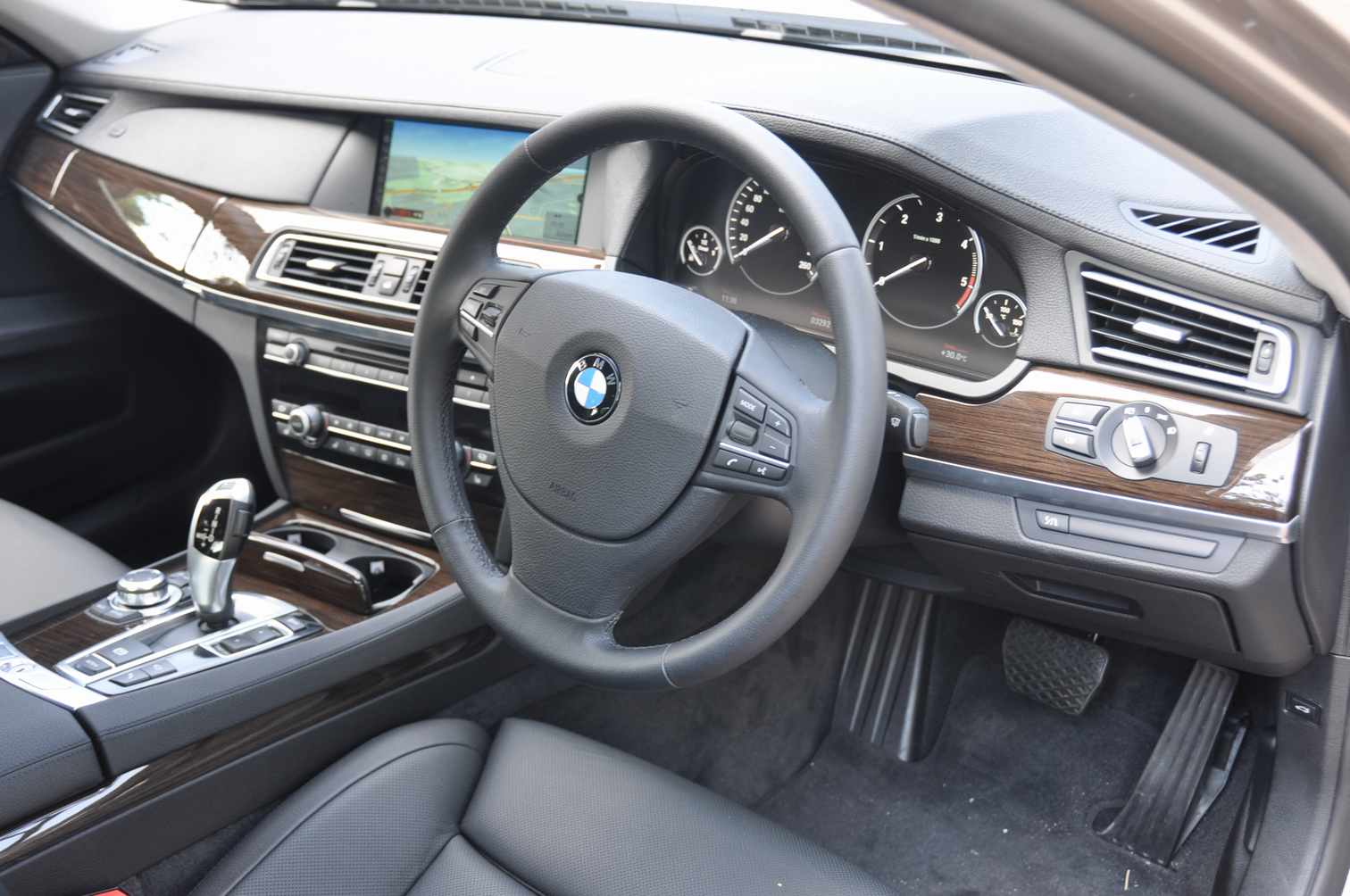BMW 730 Ld – Diesel Power for the BMW 7 Series
One of the hottest topics in Malaysian motoring circles is the price of fuel, with countless debates on whether the government should subsidize the cost of fuel or not. People are generally becoming more conscious of fuel consumption figures for cars, and are going for more fuel efficient models. Without a doubt, fuel prices will go up – after our huge scare when the price of oil rocketed sky high, with the resultant increase of petrol and diesel prices, there was a reduction in oil prices, but if you have been following the trend, the price of oil is creeping up again. In Europe, the pump prices for a litre of fuel are above one Euro, and in Australia, they are selling petrol and diesel at around AUD 1.20 to AUD 1.30 (between RM3.60 to RM3.90) per litre.
It has been a few years now since I made the prediction that car companies would be looking at introducing diesel vehicles into this country, as diesel engines yield more power per pound of fuel, and therefore are more economical to run than gasoline engines of the same capacity. With the new common-rail fuel injection technology and turbo-charging, diesel engines have been proven to be more powerful and are more economical to run. As a point in passing, approximately 80 percent of cars sold in Europe are powered by diesel – the writing on the wall is crystal clear as to the direction the world is heading.
Now that our diesel has been upgraded to Euro 2, and there is a plan to go up to Euro 4M soon, the car companies are responding by bringing in some diesel cars. Just last week, Ford introduced the Focus TDCi, but BMW are the industry leaders in this by introducing a whole range of diesel-powered cars – we have tested the BMW 320d, and the BMW 520d – now we have just completed an evaluation of the BMW 730d, and I can say without a doubt that they are here to stay.
The BMW 730Ld is in every other way just like the regular BMW 7 Series, with the exception that it now has a 3.0 litre BMW diesel powerplant, and it delivers the same, if not higher performance than its 3.0 litre gasoline engine sibling, the 740i. Standard equipment with the 730Ld includes night vision, leather seats, a GPS system, adaptive headlights, a reverse camera (much needed and useful implement), tyre defect indicator, too many airbags for you to count, and an electric sunroof.
With 245 horsepower available from as low as 1,750 rpm, and a massive 540 Nm of torque, acceleration is awesome – the 730Ld will scoot from zero to 100 km/h in 7.3 seconds, and will achieve 245 km/h top speed – these figures will dispel any doubts as to whether the diesel can perform or not. For the record, the turbo charger features variable geometry, which minimises turbo lag, and the engine is a third generation common-rail diesel.
Mated to a 6-speed automatic transmission, power delivery to the rear wheels is smooth – gear changes are seamless. The standard Steptronic function allows one to engage ‘manual’ mode if one so chooses, but with this car, it is far better to keep it in auto mode. The gear ratios are well spaced out, and fifth and sixth gears are over-dive gears.
As usual, the design engineers have strived to keep the overall front-rear weight balance as close to 50:50 as possible and the 730Ld feels good to drive. It is huge by any standard, being 5,212 mm long, 1,902 mm wide, and 1,478 mm high. Wheelbase is limousine class at 3,210 mm. If you want to, you can chuck this car into a corner just as you would a 3 Series, and it will behave itself, despite its huge size. However, if you really would like a sporty car, you are well advised to get a smaller BMW, as this car is meant for more elegant tasks, but it’s your money. In any case, should you over-cook it, there are the usual idiot driver aids such as DSC with ABS and DTC (Dynamic Traction Control), CBC (Cornering Brake Control, which applies brakes on some of the wheels as necessary during cornering to help the car turn into the corner), and dynamic damping control.
I didn’t get the car long enough to do a fuel consumption test – because I couldn’t get the fuel gauge to EMPTY. With all the extra hard driving and enjoying the feeling of the G-forces as I accelerated out of each corner, I got a reading of 11.3 litres per 100 kilometres on the onboard computer. This works out to be 19.3 sen a kilometre – for a car that is in excess of 1,900 kg, this is incredible. The mooted consumption figures (EU standard) under ideal test conditions is 9.1 litres per 100 kilometres for urban usage, 5.6 litre per 100 kilometres for extra-urban usage, and 6.9 litres per 100 kilometres for combined usage. I would expect that under typical (and normal, sane) usage, it would be possible to get something like 10 litres per 100 kilometres – something to think about, even if you can easily afford the RM698,800 purchase price for this car.
All things said, the BMW 7-Series is a great car, and more so now that it comes with this fantastic diesel engine – the result is a powerful saloon that offers limousine comfort, plenty of legroom and all the creature comforts – I have left out describing and listing a whole bunch of them, because you can go to the showroom and find out all about them yourself – yet offers outstanding fuel economy. And finally, I still stand by a statement I made some years back – that any vehicle weighting more than a ton and a half is better off with a diesel engine.





